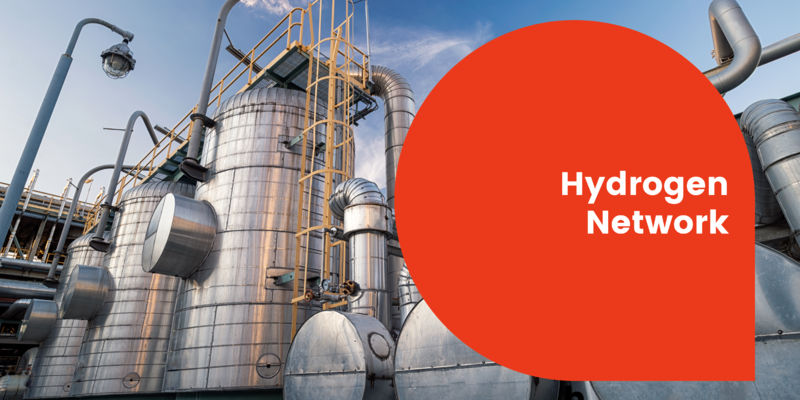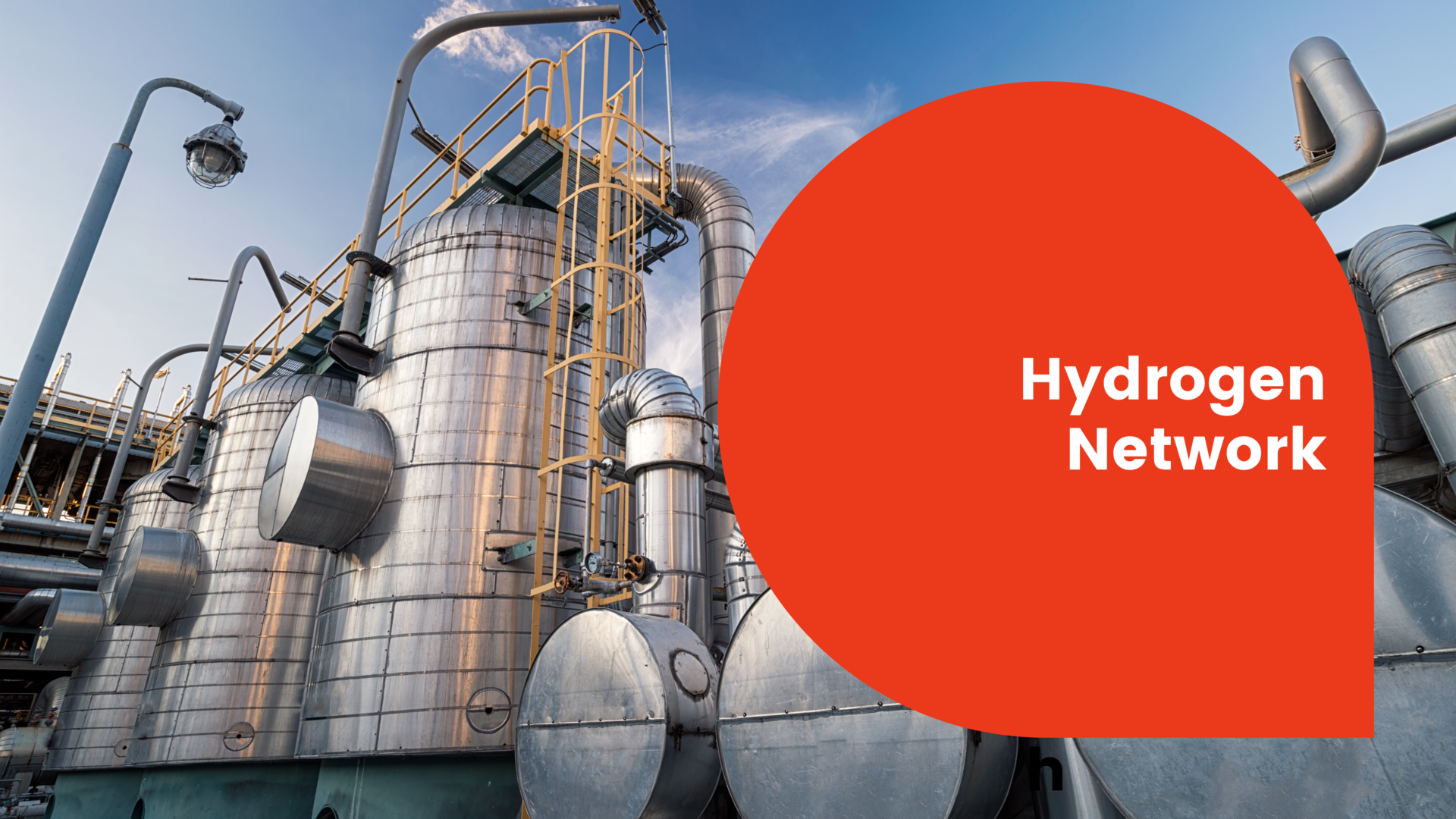First up the group heard from Sally Brewis, Head of Regional Development at Cadent Gas, who introduced East Coast Hydrogen, a Hydrogen Pipeline Programme. East Coast Hydrogen is a major infrastructure proposal supporting industrial decarbonisation, residential decarbonisation and improving UK resilience and interconnection. The project will deliver a feasibility report in November. East Coast Hydrogen are keen to speak to industrial gas users in the region to ensure that any localised pipeline routes are planned effectively to meet customers’ needs. sally.brewis@cadentgas.com
Further details of the launch event on 21st September can be found here
There followed a green hydrogen design case study from Dr Chet Biliyok, Technical Lead with Petrofac – New Energy Services. Chet briefed the network on the role Petrofac play in the energy transition and their background to working in industrial hydrogen projects. Chet explained the technical challenges faced in the design project phase for a new hydrogen electrolyser in Australia – 320km north of Perth.
There are many design challenges to overcome including the intermittency of renewable electricity, challenges around water supply and wastewater management. The design project required several technical solutions to hydrogen storage and finally, Chet described the significant supply chain constraints with current equipment supply to meet the project’s needs.
The final presentation of the morning was given by Nigel Curson, Vice President Technical Excellence at Penspen who presented a fascinating look at Repurposing of Natural Gas Transportation Systems for Hydrogen. The UK already has a network of over 7000 km of gas transmission, 250,000 km of gas distribution that covers 85% of homes. Re-use of these pipelines represents the lowest cost form of transportation for hydrogen at the volumes and distances required for the energy transition. Nigel confirmed that from an energy perspective, pipelines are a fraction of the cost of power cables and transmit 15 times the energy.
Nigel presented a range of challenges that hydrogen presents including H2 embrittlement of pipework and high-temperature hydrogen attack. There are a number of solutions such as the use of coatings or liners in existing pipes or replacing the pipe with HDPE which is cheap, lightweight, and suitable for use with hydrogen. Nigel tackled other important topics such as safety, risk assessment, and competencies for operations, maintenance, and first responders.
At this meeting, the HICP team took a snap poll of delegates posing the question Which of the below statements best reflects your view on Blue Hydrogen?
The voting was as follows:
- Optimally produced blue hydrogen and green hydrogen each have their space in an integrated net zero energy system 38%
- It will be useful in the energy transition to meet hydrogen demand but should be phased out as other lower carbon hydrogen technologies become cost effective 54%
- It is only going to lock the UK into using fossil fuels for longer and should be avoided - 6%
- I don’t think hydrogen of any colour is a long term solution -0%
The next meeting will be the Humber Industrial Decarbonisation Network on Tuesday 19 October – more details and registration here.


